The threat is real
The consultation group states that the threat is real, significant, and so urgent that it is necessary to respond swiftly and decisively. mbl.is/Eyþór Árnason
“These are perilous times, and NATO member states must face the seriousness of the threats to their security and democracy.”
These are the opening words of a newly published report by a cross-party consultation group of Icelandic MPs. The report is titled The Content and Priorities of Iceland’s Defense and Security Policy.
The report highlights that growing uncertainty in international affairs increases the importance of cooperation in defense and security matters among states that share common values of freedom, democracy, human rights, and respect for the rule of law and international law.
The authors of the report state that the threats made by Russian leaders must be taken seriously. Anything else would be irresponsible, given that Russia has demonstrated both the will and the capability to use violence and aggression against its neighbors repeatedly. Here, Russian President Vladimir Putin is visible. AFP
Russia could have the capability to wage a major war within five years
The report states that the security threat facing NATO is both real and urgent.
If there were a pause in the war in Ukraine — allowing Russia to move its forces away from Ukraine and toward NATO’s borders — leading NATO member states assess that within two years, Russia could rebuild its forces to the point of being able to threaten one or more NATO member states and potentially invade countries around the Baltic Sea.
“Within five years, Russia will have the capability to launch a major war against NATO member states in Europe. This assessment assumes that NATO members fail to act and do not strengthen their deterrence through the necessary build-up of preparedness,” the report says.
It is therefore clear to the authors of the report that Iceland, like other nations, must take action to safeguard the security of the nation and contribute to the collective defense of NATO member states. mbl.is/Eyþór Árnason
Iceland must take action like other NATO countries
The report makes clear that Iceland faces the same type of threat as all other NATO states. The authors conclude that Iceland, like other members, must take measures to safeguard the nation’s security and contribute to the collective defense of NATO countries.
They describe threats in two main categories: those that can cause physical destruction or damage to critical infrastructure, and those that undermine trust and create instability, such as through targeted disinformation campaigns or efforts to weaken democratic institutions.
Top row from left: Aðalsteinn Leifsson, chair; Dagur B. Eggertsson of the Social Democratic Alliance; and Þórdís Kolbrún R. Gylfadóttir of the Independence Party. Bottom row from left: Sigurður Ingi Jóhannsson of the Progressive Party; Pawel Bartoszek of the Reform Party; Sigurður Helgi Pálmason of the People’s Party; and Ingibjörg Davíðsdóttir of the Centre Party, who resigned from the group’s work this summer. Composite image/mbl.is/Eggert/Eyþór/Karítas/Kristinn Magnússon
Cross-party consultation group
This is the first time Iceland’s defense and security policy has been formally defined.
In March, Foreign Minister Þorgerður Katrín Gunnarsdóttir presented a proposal to the government to develop such a policy. Following this, each parliamentary party was invited to nominate representatives to a cross-party consultation group.
The group includes Aðalsteinn Leifsson, who serves as chair and was nominated by the Foreign Minister, Dagur B. Eggertsson from the Social Democratic Alliance, Ingibjörg Davíðsdóttir from the Centre Party who resigned on July 11, Pawel Bartoszek from the Reform Party, Sigurður Helgi Pálmason from the People’s Party, Sigurður Ingi Jóhannsson from the Progressive Party, and Þórdís Kolbrún Reykfjörð Gylfadóttir from the Independence Party.
The report is intended to serve as the foundation for shaping a defense and security policy that will be presented by the Minister for Foreign Affairs during the autumn parliamentary session. mbl.is/Eggert Jóhannesson
The report will form the basis for a comprehensive defense and security policy, which the Foreign Minister plans to present to Parliament this autumn.
Goal: Protect Iceland’s independence and sovereignty
The report states that the primary objective of Iceland’s defense policy in the coming years is to credibly safeguard the nation’s independence and sovereignty, including unquestioned control over its territory and natural resources.
As Iceland is a military-free nation, cooperation with other countries is essential for ensuring its defense against potential military threats, as well as against the growing, multifaceted non-military threats the country faces.
It is noted that Iceland’s international defense cooperation is based on a threefold approach. The two main pillars are, on the one hand, defense cooperation through NATO membership and, on the other hand, the bilateral defense agreement with the United States. mbl.is/Árni Sæberg
Building civil resilience is essential
The report outlines that Iceland’s international defense cooperation relies on a three-pronged approach. NATO membership is the cornerstone of collective defense, complemented by the bilateral defense agreement with the United States. Bilateral and regional cooperation with neighboring countries also supports and reinforces these two main pillars.
“Together, these partnerships form an integrated whole that, along with the development of Iceland’s domestic preparedness and capabilities, provides a foundation for defending against a wide range of threats. At the same time, it is essential to build civil resilience,” the report states.
The report spans nearly 40 pages and provides a framework for Iceland’s role in NATO and in safeguarding both national and regional security.

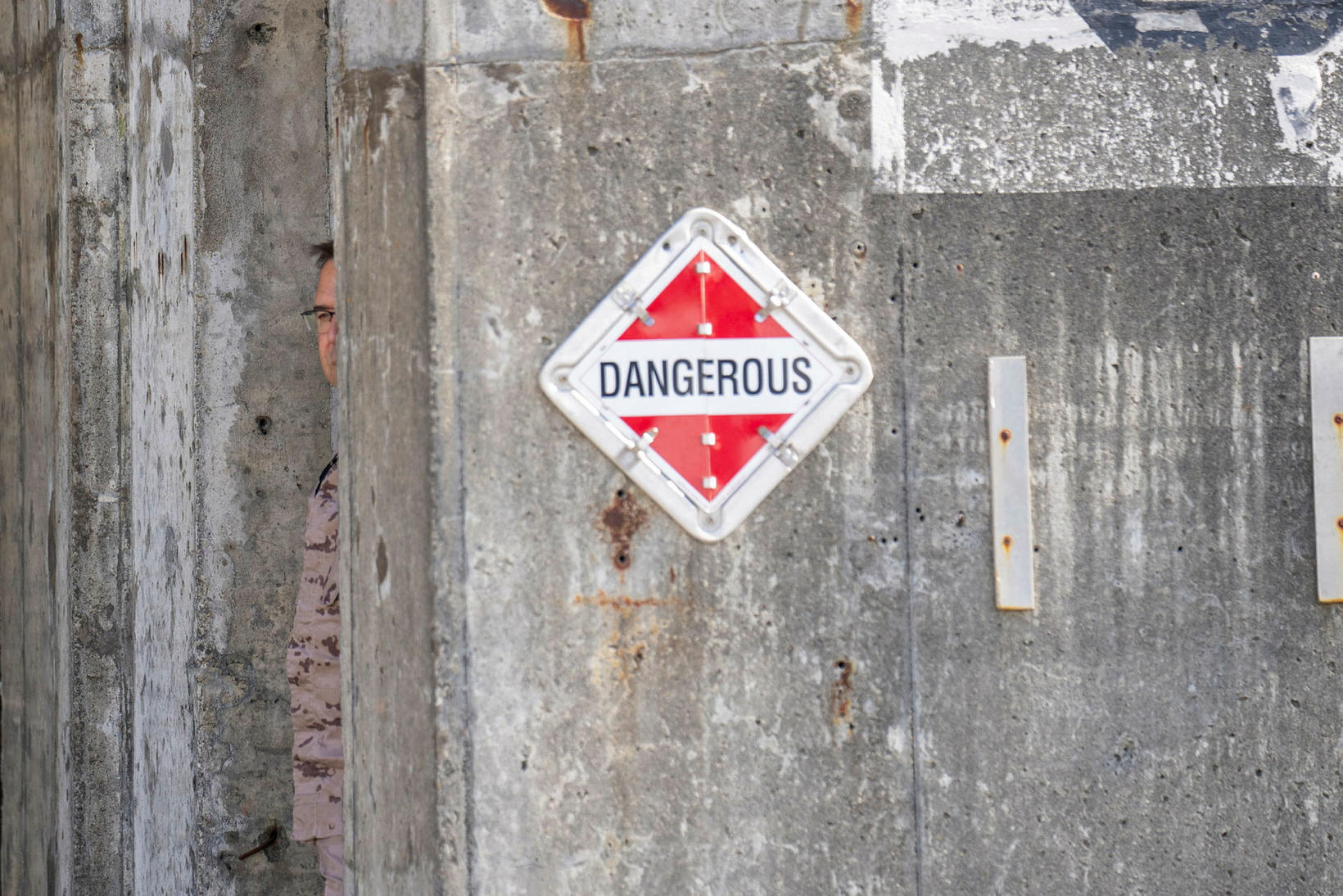

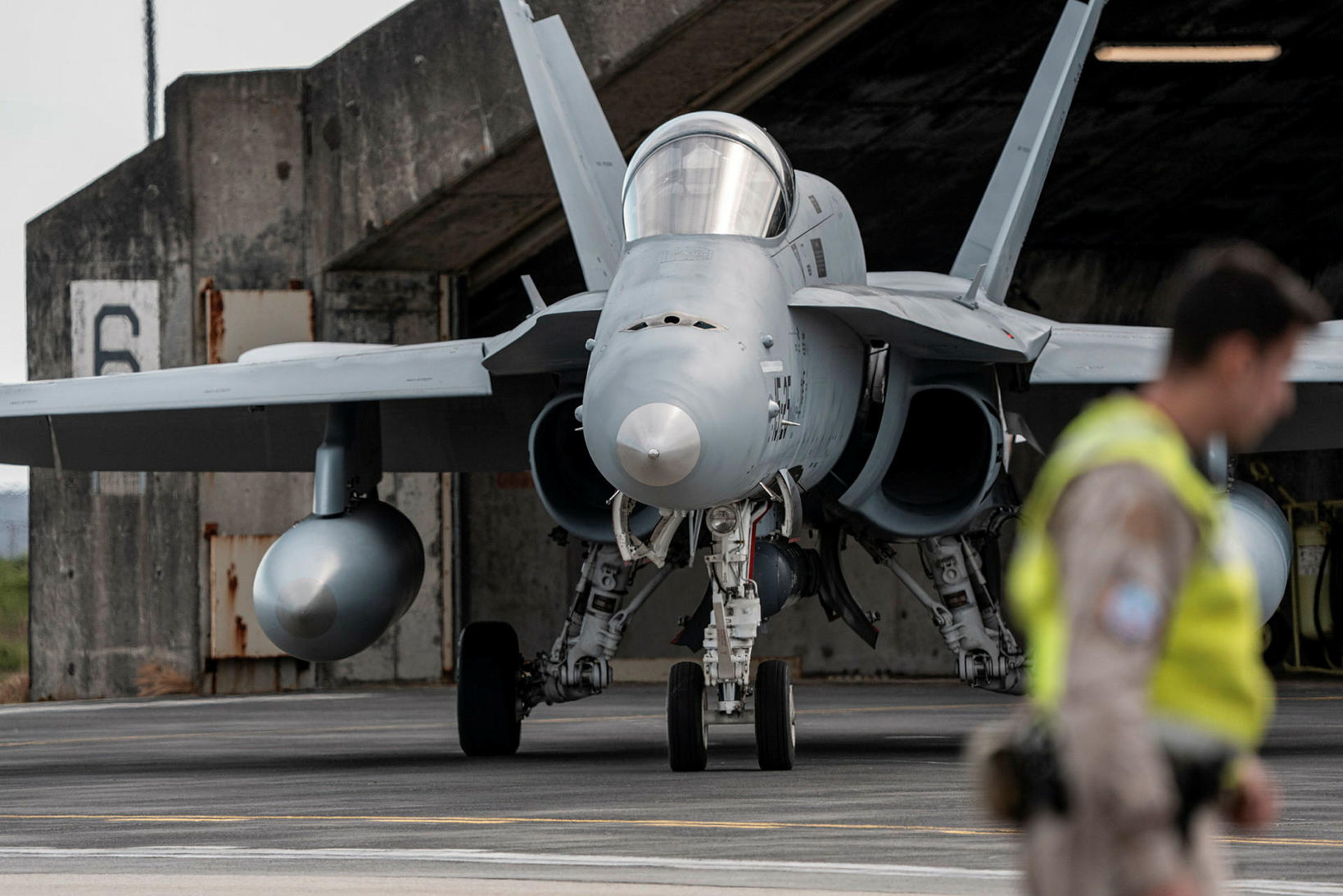

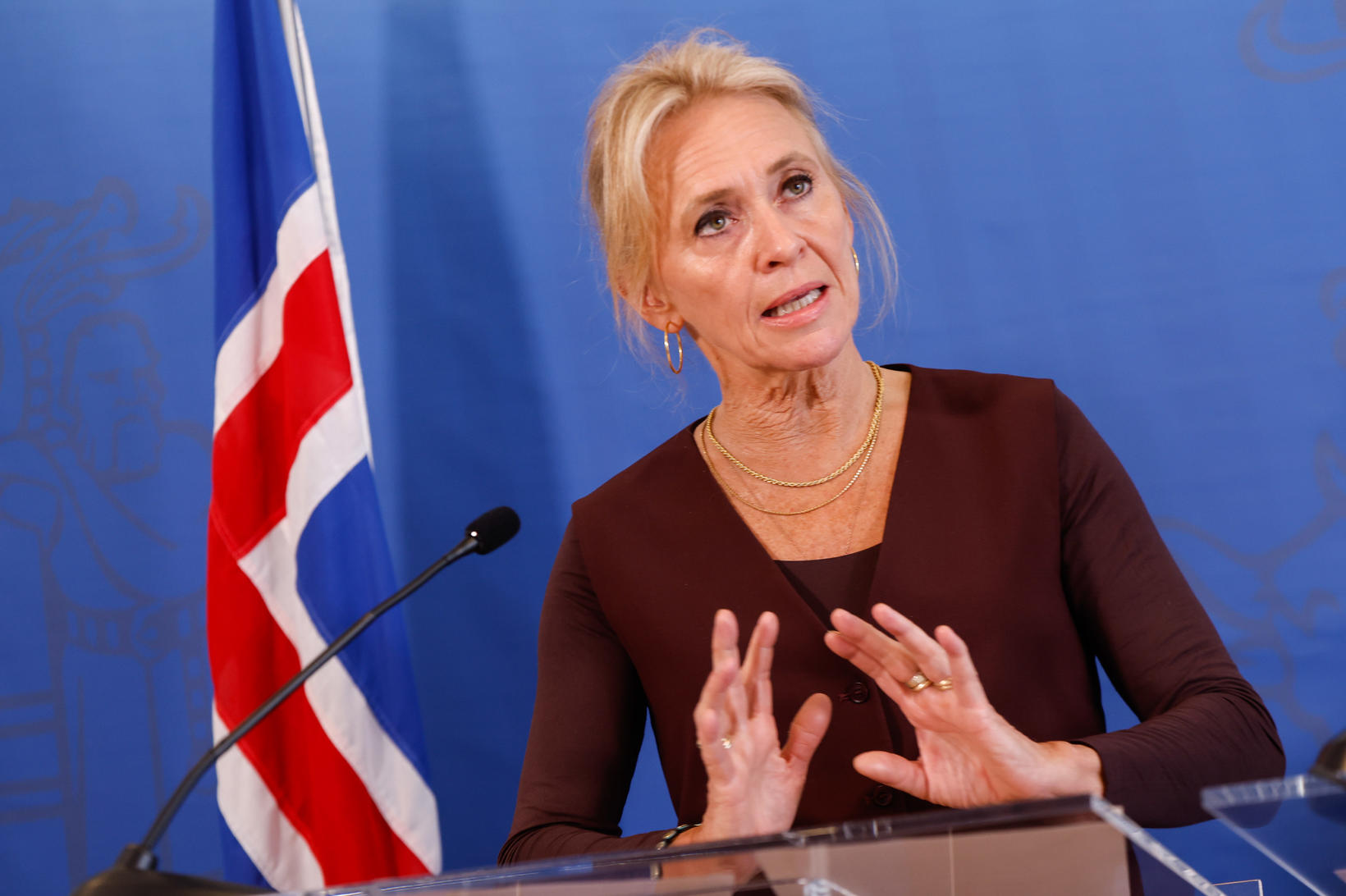
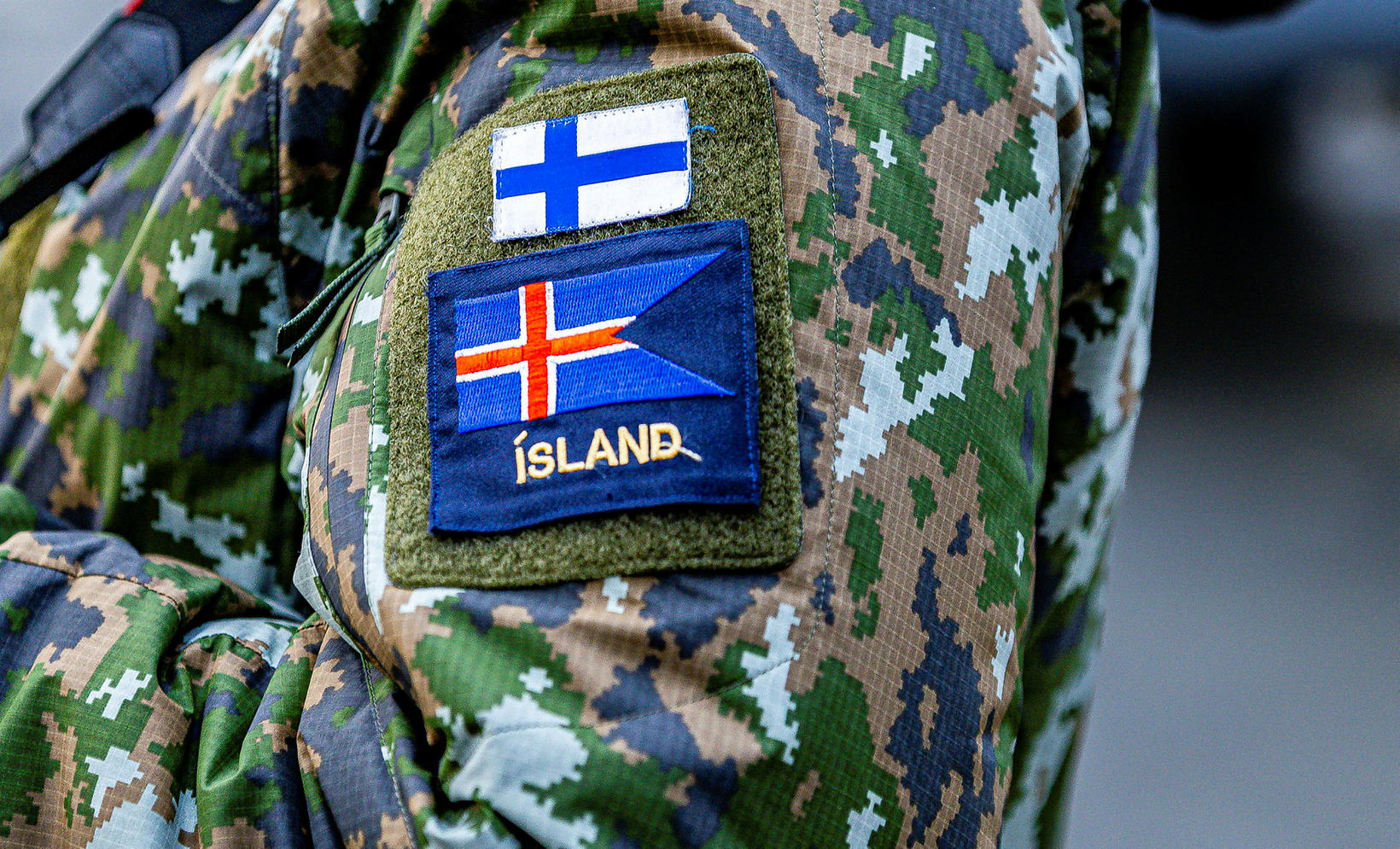
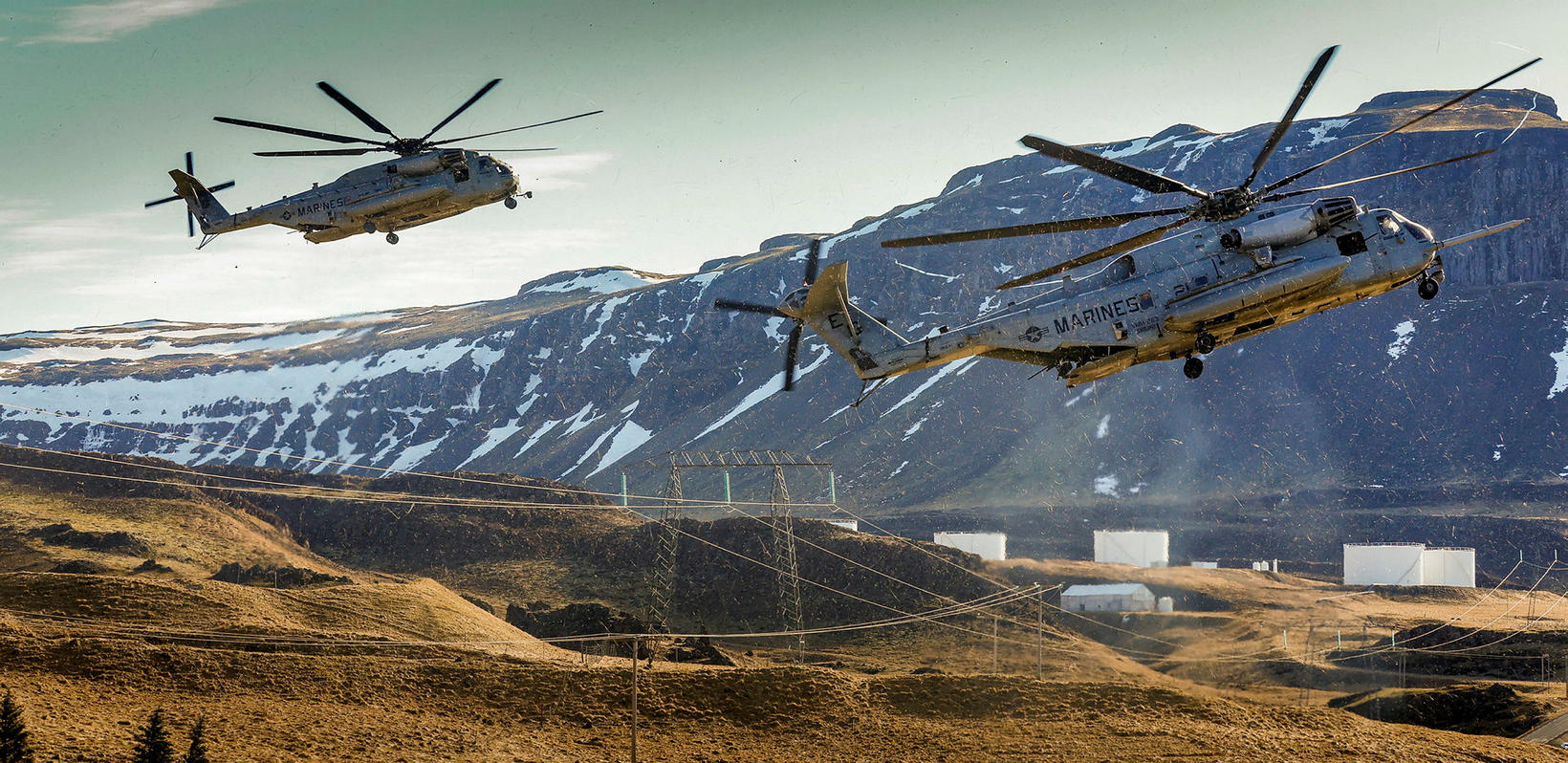

/frimg/1/60/17/1601701.jpg)


/frimg/1/60/10/1601046.jpg)

